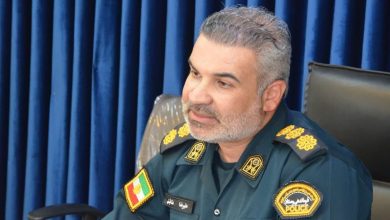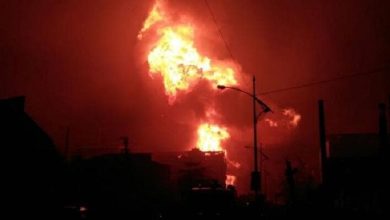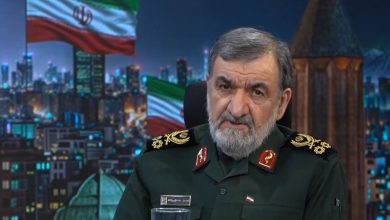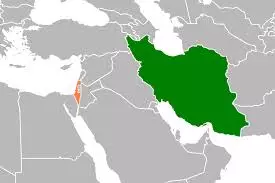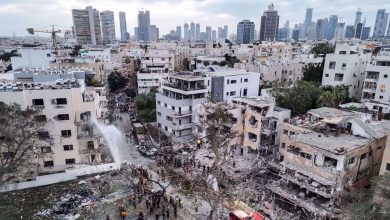Iran Dismisses EU’s Appeal to Halt Nuclear Program Negotiations
Iran's Foreign Minister, Abbas Araghchi, has rejected the European Union's latest efforts to commence negotiations intended to halt Tehran's nuclear activities.
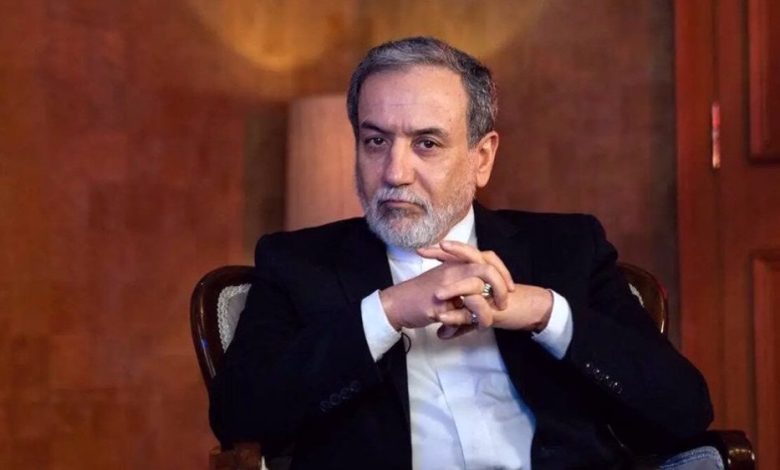
On Wednesday, a statement was issued addressing remarks by the EU’s foreign policy chief, Kaja Kallas. On Tuesday, Kallas called on Iran to promptly engage in negotiations to limit its nuclear activities.
In a statement shared on the social media platform X on Wednesday, Araghchi accused Kallas of undermining the foundational tenets of the Nuclear Non-Proliferation Treaty (NPT). Araghchi emphasized that the treaty explicitly grants all member states, Iran included, the right to pursue the development, research, and application of nuclear technology for peaceful objectives.
He contended that the European Union’s demand compromises Iran’s sovereign rights as defined under international law and overlooks the intricacies of the current nuclear accords.
Araghchi further condemned the European Union’s position by highlighting United Nations Security Council Resolution 2231. This resolution endorsed the 2015 Joint Comprehensive Plan of Action (JCPOA), popularly recognized as the Iran nuclear agreement.
Araghchi dismissed the prospect of the European Union and the United Kingdom participating in any forthcoming negotiations, labeling their involvement as irrelevant and without significance.
He argued that the resolution and the JCPOA framework have been significantly weakened due to the withdrawal of key participants, especially the United States in 2018. This, he claimed, has rendered mechanisms such as the “snapback” sanctions process obsolete and lacking in legal foundation.
Iran has bolstered its efforts to assert nuclear rights following the unilateral exit of the United States from the Joint Comprehensive Plan of Action (JCPOA) during the Trump administration, which led to the reintroduction of strict sanctions. In response, the Islamic Republic has reduced its adherence to the agreement, progressing its uranium enrichment efforts, while consistently claiming that its nuclear program remains dedicated to peaceful applications, including energy production and medical research.
The European Union, together with France, Germany, and the United Kingdom, known as the E3, has been striving to rescue the Joint Comprehensive Plan of Action through diplomatic efforts. However, Tehran has consistently voiced grievances regarding perceived European inertia and duplicity following the United States’ unilateral withdrawal from the agreement in 2018.
On Tuesday, Araghchi reaffirmed Tehran’s enduring stance by cautioning the European Union against what it terms as a “destructive approach” towards Iran’s nuclear activities. He also criticized several European nations for their backing of Israeli actions.
He noted that these actions could exacerbate the situation and obstruct diplomatic initiatives.
In a phone conversation with Kallas, Araghchi condemned what he characterized as the tolerance exhibited by certain parties towards the perceived lawlessness and alleged crimes of the Zionist regime.
He called upon all governments to denounce the military aggression exerted by Israel and the United States against Iran.

